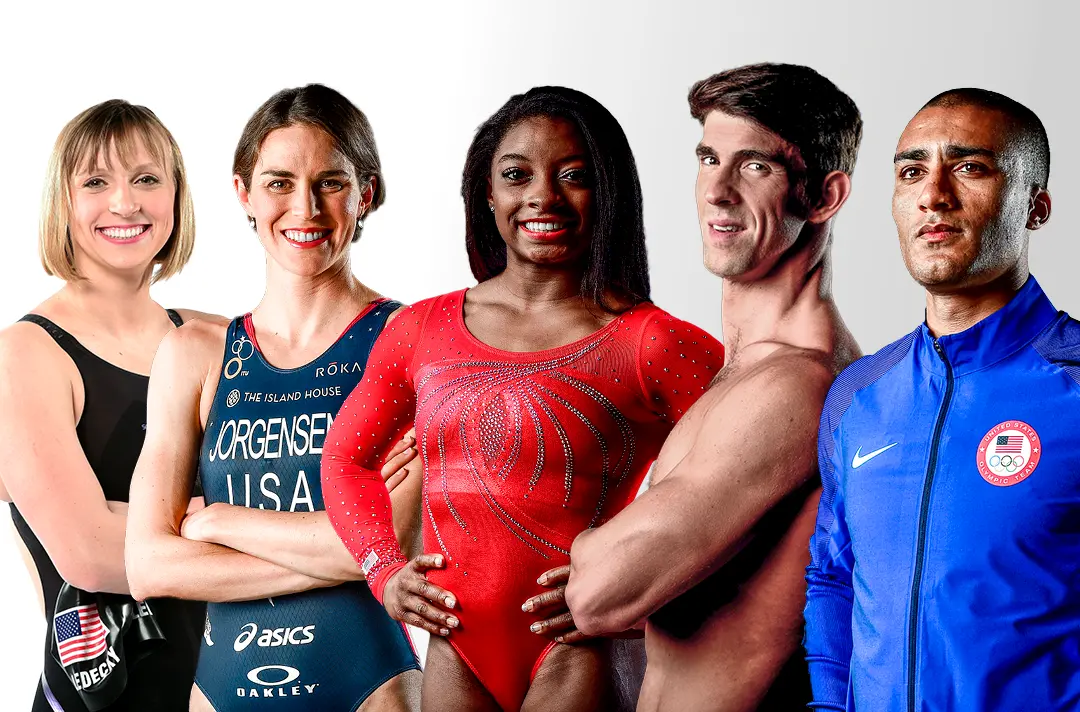The defending AL-Champion and first-place Kansas City Royals won’t have to wait long for the respect each up-and-coming team so desperately seeks. The once-struggling franchise, which came out of nowhere last year and swept their way to the World Series thanks to a strong defense, is currently on pace to put an astonishing seven (out of nine) position players in the All-Star game—thanks to this year’s online-only fan voting.
To put it in perspective, they’ve had just seven players total, in the last 31 years, get voted (by the fans) into the exclusive summer classic.
Catcher Salvador Pérez, first baseman Eric Hosmer, shortstop Alcides Escobar, third baseman Mike Moustakas, designated hitter Kendrys Morales, and outfielders Alex Gordon and Lorenzo Cain are leading their respective positions in the All-Star voting—which is being held online only for the first time ever. Meanwhile second baseman José Altuve—the reigning batting champion—and MVP outfielder Mike Trout are the lone non-Royals on pace to start.





